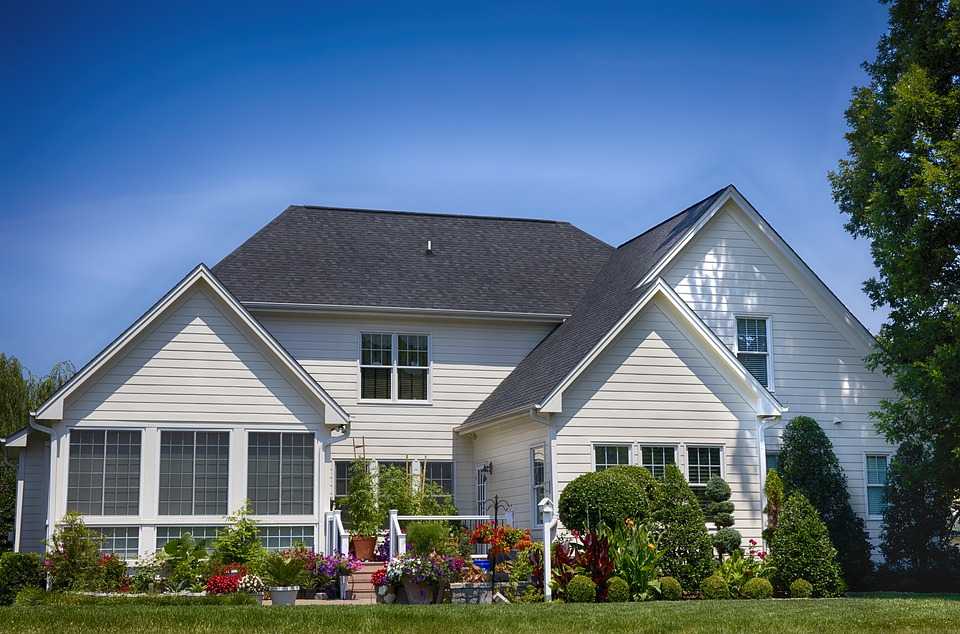
Home
A damp basement is a too much irritation. In case your basement problems include completed living space, any type of dampness can ruin drywall, framing, and carpeting. Even in case, you have a crawl space or you just use the basement for storing, a simple situation of abbreviation can catch your hardwood floor on the area above and bring harmful mold.
But the good news is you can prevent these basement problems following some basic and easy ways. Let’ know about these easy ways to avoid having basement problems ever again!
How To Prevent Major Basement Problems:
In case you have a wet basement, you are not alone. There are thousands of cases there facing the same situation as yours. The American Society of the Home Inspectors, in Des Plaines, IL, evaluated 60% of U.S. houses have the issue of wet basement problems, and 38% have the hazard of basement mold.
But, if you follow some easy steps then you might be able to avoid these basement problems and have a hygienic home. So, let’s now know about the tips that can help you avoid basement problems such as a wet basement, mold , and leakage.
Check Leaks and Cracks Regularly
No matter whether in the foundation or windows, cracks let water gradually leak into your basement, as well as can ultimately cause structural mutilation to your house. Frequently check for leaks and cracks in concrete surfaces and windows and repair them as required. Also look out for basement waterproofing related work.
The best method to stop cracks & leakages is to repair them before they grow large. In case cracks in the home’s foundation remain to appear as well as spread, a structural engineer or expert basement contractor should be referred to measure the structural integrity of your home.
Waterproofing Basement Walls
Waterproofing things that continue like paint seal the pores in the masonry walls or concrete and prevent liquid from dripping in. To be operative, these coverings must be useful to bare masonry walls or concrete. Start by eliminating loose substantial with the help of a wire brush.
After that, wash out any white powdered “fluorescence” with masonry disinfectant. Follow the application instructions and safety carefully. A mutual mistake when utilizing masonry waterproofing substantial’s is to spread that coat too thin. This way you can waterproof your basement wall.
Do A Sump Pump Inspection Regularly
Sump pumps are the first step of defence compared to groundwater waves because of rainwater. They function by pumping liquid out from beneath your house and away from your foundation wall.
But then again as with all house uses, sump pumps need maintenance as well as an inspection to confirm they’re in functioning order.
Build A Rain Garden Around Your Home
Fostering the property in your plot and protect the atmosphere by channelling rainwater as well as overflow from gutters into a shower garden fixed with entrenched, colourful natural plants.
Make your rain garden by constructing a ridge in a lower part of your yard, then shape swales to canal runoff from your gutters as well as higher areas of your lawn.
The liquid is then engrossed into the earth through the system of deep shrub roots. Utilize a blend of plants improved to your zone and to the diverse water depths.
Clean Gutters Regularly
Similarly, clean gutters regularly so they will not runoff. (In case your home isn’t prepared with gutters, then install them immediately.) And ensure the soil from place to place the foundation grades away from the home 1 inch every foot for the distance of around 4 feet. As well as add downspout extensions in case required so gutters channel 4 feet distance from the home onto the splash blocks.
Several houses have a prevailing alternative drainage system. Regrettably, the drainage system repeatedly fills or breaks apart with mud after more than a few periods. You can appoint a drain & sewer cleaning worker who will try to clear that. But frequently they just have to be covered off at the superficial and uncontrolled.
Drain Rainwater Away From Roof
Check where the rainwater goes on your roof. All the gutters should be protected and it’s not bowing down. The shower should sewer directly into the downspouts even in the toughest rain. Downspouts shouldn’t ever get wet next to the foundation walls.
BOTTOM LINE:
A completed basement assists greatly to scatter that label, as preferably, it‘s an all-in-one extension of the home. But, because your basements are partially or completely below-grade levels, they’ve unique basement problems that require to be figured out, mainly connected with moisture and water. Keep the basement from turning into the set for the following hit page-turner by stopping the next horror stories.





